In the Wilson household, conversations flow seamlessly between two languages.
At the dinner table, at home in Forfar, 38-year-old Anna will offer her sons more “buntàta” (potatoes).
She may then suggest, in English, that they indulge in dessert.
This way her non-Gaelic speaking husband Tom, 41, gets the memo that it’s time to fetch the fruit.
The couple are raising their boys, three and one, to speak both Gaelic and English.
Where did Gaelic journey begin for Forfar family?
Gaelic teacher Anna fell in love with the language when she enrolled at Aberdeen University in 2003.
Although her degree was in psychology, she was required to pick another subject for extra credit. After leafing through a brochure – she landed on Gaelic.
“Little did I know that decision would go on to completely change my university experience, career path and life,” Anna says.
“I changed my degree to Psychology with Gaelic and went on to do the Gaelic-medium postgraduate teacher training course straight after.”
Since then she has worked as a Gaelic primary teacher in Islay, Dunoon and Aberdeen until 2019.
She has been on a career break since having her children – her top students.
“I absolutely love that I can spend my days using the language with my boys now,” she says.
“I’m absolutely fascinated by how their language develops in both English and Gaelic.”
Although husband Tom has no plans to learn the language, he is a strong advocate.
He and Anna created the Gaelic Parent Association in Angus three years ago and he often joins her at her Gaelic Bookbug sessions.
What language do Forfar family use at home?
At home, Anna aims to speak to her boys in Gaelic all the time.
She says: “As their dad doesn’t speak Gaelic, we’ll speak more in English when he comes home, and I’ll often speak to them in English when we are amongst English-speaking friends or at baby/toddler groups.
“In reality, I end up flipping between the languages a lot when we’re all together at home.
“My eldest usually speaks to me in Gaelic.
“I really like that Gaelic seems to be what he automatically speaks to me – for example, if he wakes up in the middle of the night and wants some water.
“He often reminds me to flip back to Gaelic by his persistence on speaking the language.”
Anna acknowledges that there was the potential for Tom to feel excluded as the only non-Gaelic speaker – but this has not been an issue.
“Tom didn’t have any experience of Gaelic before he met me and I feel so lucky that he is so supportive of all my Gaelic endeavours and of the way we are raising the boys to be bilingual,” she says.
“I think it’s important to speak to each other to ensure you’re both on the same page and happy with your approach to raising your children as bilingual.
“As I speak a lot of Gaelic to the boys when Tom is around, I checked that he didn’t feel left out by this.
“Fortunately, he is as fascinated as I am at how the boys are picking up both languages and fully aware of the cognitive advantages of being bilingual.”
Does she ever worry that speaking in two languages may confuse her children?
Anna says: “I think if I saw that the boys weren’t picking up Gaelic so well or were getting confused about who to say which words to because I was switching languages too much I’d change my approach.
“But I’ve been fascinated at how my eldest’s understanding and use of both languages has developed so far.
“He’s definitely a chatterbox in both languages.”
How parents ensure children get plenty of Gaelic exposure
The boys will attend Whitehills Primary School in Forfar – the only school in Angus that teaches Gaelic – when they are school-age.
But in the meantime, Anna and Tom do their best to make sure they get plenty of exposure to the language.
Anna says: “We make sure that when the children watch TV, it’s predominantly Gaelic programmes that we put on.
“This is in an attempt to counteract the dominance of English in the world around us and to make sure they hear different accents and vocabulary than what they’d get just from me.
“We try to take the boys to places where they’ll hear other people speaking Gaelic.
“For example, while holidaying in Harris we went to the Gaelic playgroup session, and we sometimes join in with activities that the Gaelic community in Aberdeen organise.”
Through their work on the Gaelic Parents Association, they also organise regular activities for Gaelic families in the area, as well as the Gaelic bookbug sessions.
Being Gaelic speakers has become a defining factor of the family – and given them a great sense of community in the local area.
Anna says: “It’s something that makes us a bit different to your average family.
“I would liken being part of a Gaelic community to the sense of community that some people get from being part of a church.”
She adds: “Being bilingual with Gaelic as one of those languages definitely makes you feel a greater connection to Scotland, and a greater sense of belonging I think.”
What are the advantages of growing up bilingual?
There are more benefits to speaking Gaelic.
Studies in the past have shown that Gaelic medium pupils are at the same level of English, if not higher, as their English-medium counterparts, with the added bonus of being competent in two languages.
Anna says: “Being bilingual in any two languages is fantastic for brain development, especially when the second language is learned as a child.
“Many parents choose Gaelic medium education because they know that being bilingual makes it easier for their child to pick up additional languages later in life.”
Having the language also opens up lots of possibilities for careers.
Anna explains: “All local authorities have to have Gaelic language plans and part of this often includes aims about recruiting Gaelic speakers.
“If my children wanted a job in education, with music or the media I think it’s easier to do this as a Gaelic speaker.
“Children in Gaelic medium education often get opportunities to be on the TV or radio growing up and it’s a great way to build their confidence and expose them to experiences they wouldn’t have had otherwise.
“I’m really excited about what the future holds for my boys.”
- Is your family a little bit different? Email poppy.watson@dcthomson.co.uk to share your story
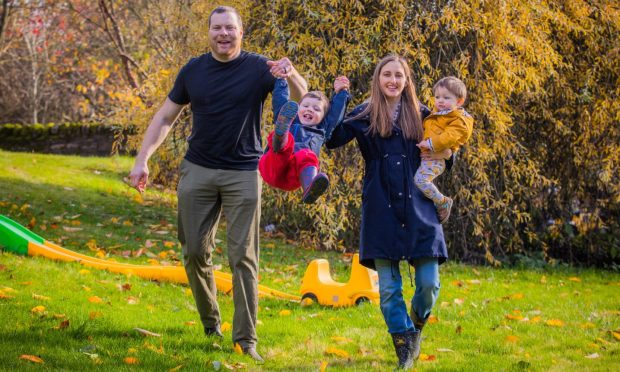
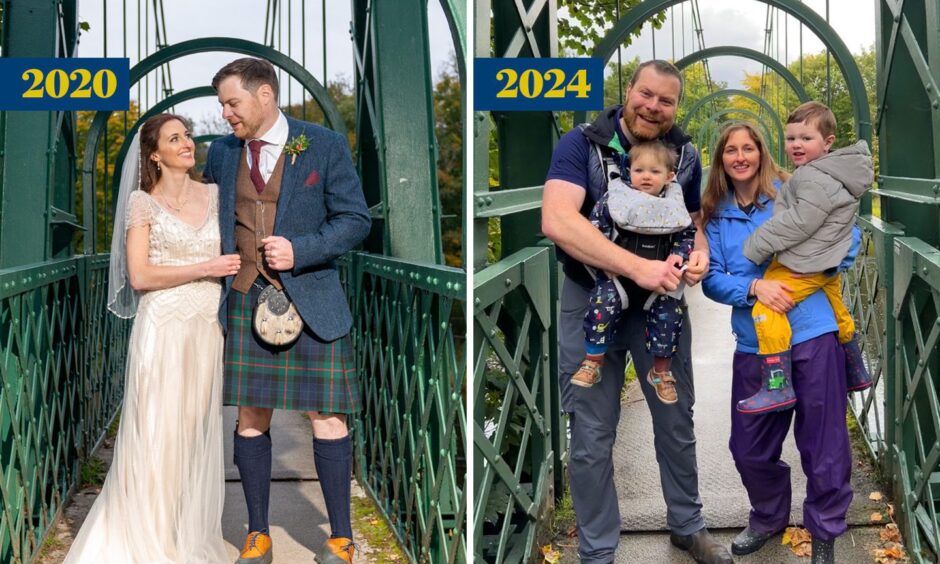
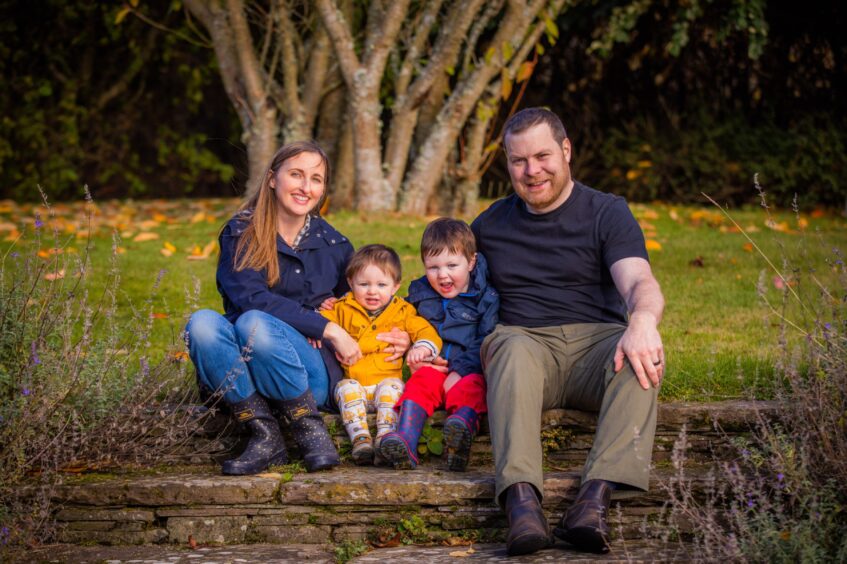
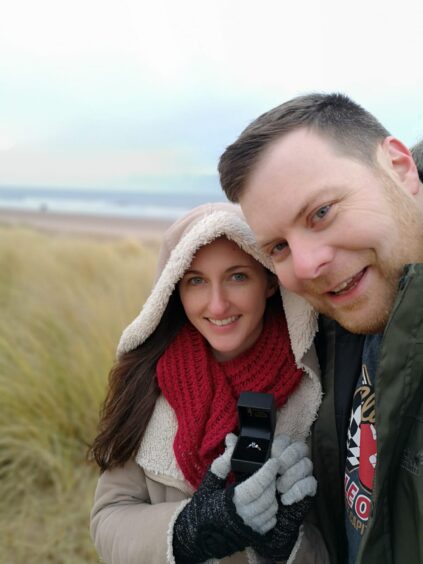
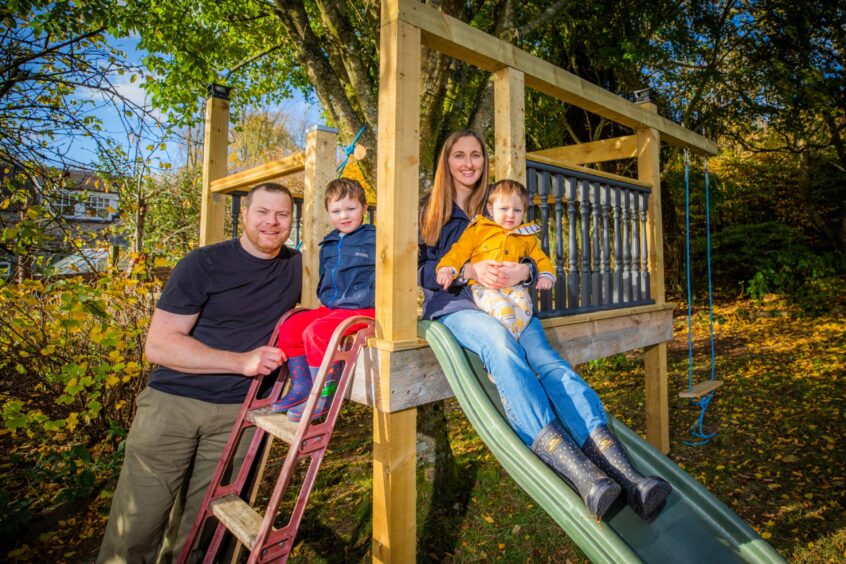
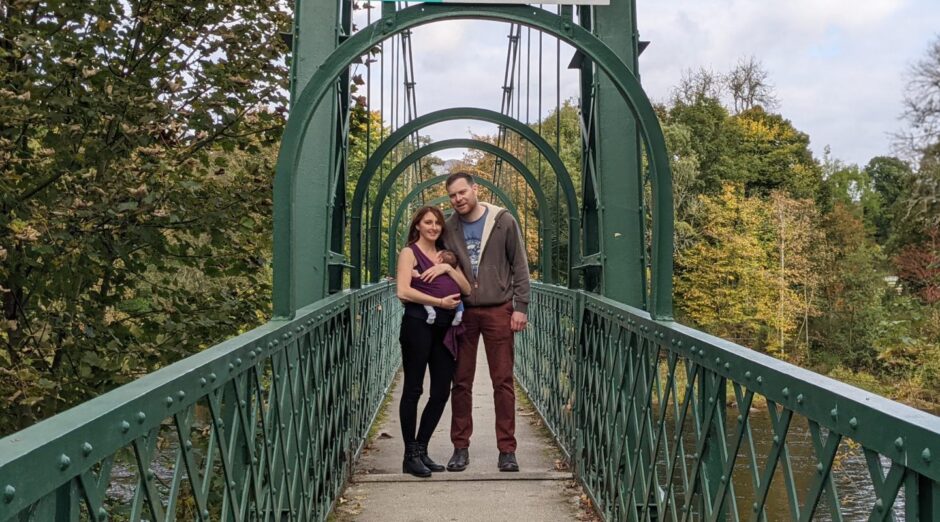


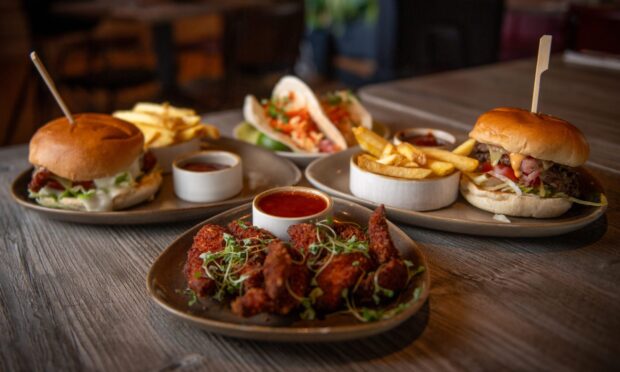
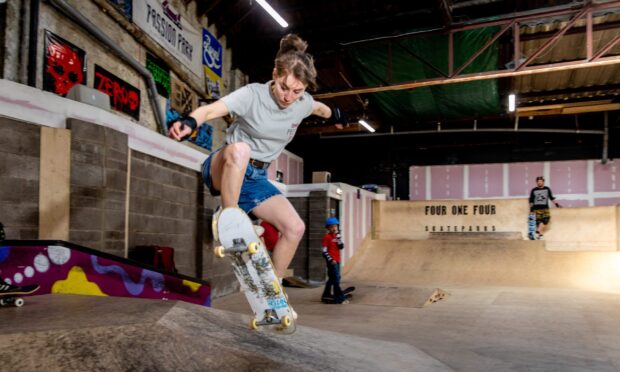

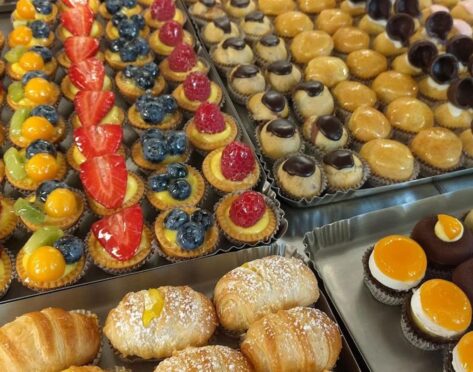

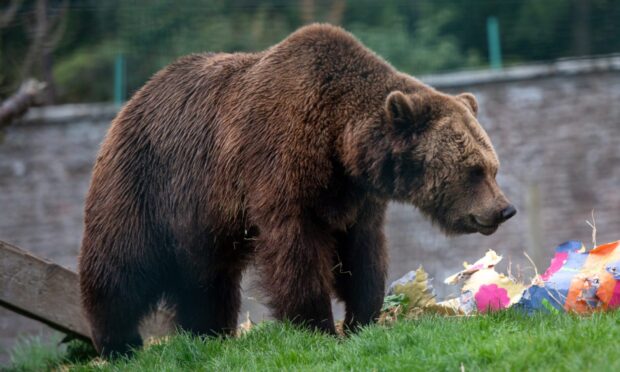
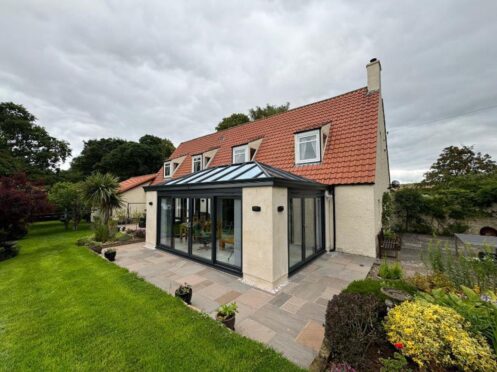
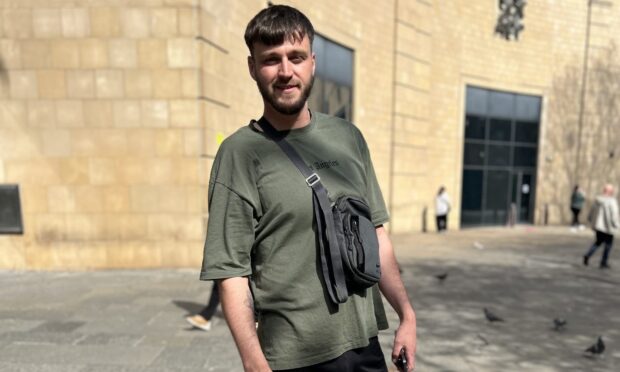
Conversation